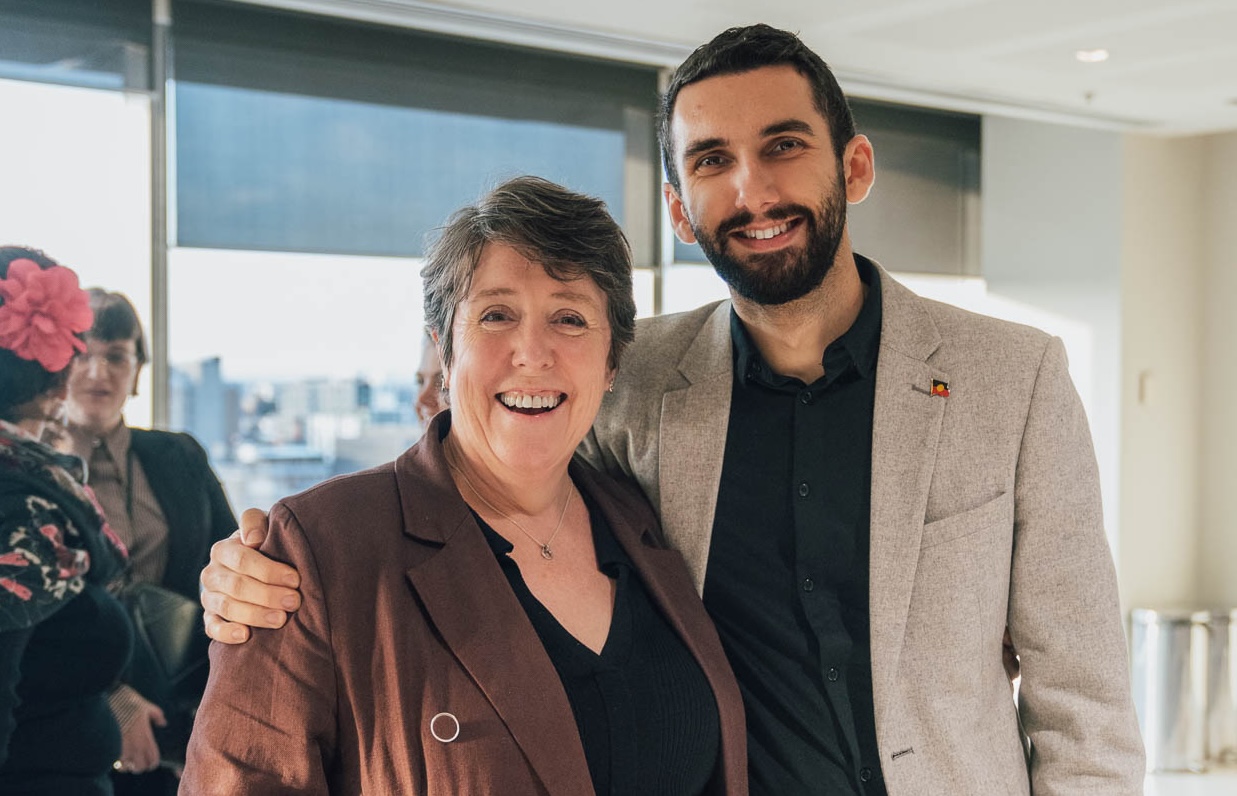by Robert McLellan and Jenny Fewster
Indigenous data encompasses all information collected by, about or for Aboriginal and Torres Strait Islander peoples. As the Indigenous Data Network (IDN) notes, it is:
- "...information, in any format or medium, collected, analysed, stored, and interpreted within the context of Indigenous individuals, collectives, populations, entities, lifeways, cultures, knowledge systems, lands, biodiversity, water and other resources.
It includes data collected, used, or stored by any agency, department, laboratory, organisation, corporation, statutory body, university or research institute, conducted by, with, and about Indigenous people or people, and data that Indigenous communities have generated and maintained themselves."
Embedding both FAIR and CARE principles is essential when working with Indigenous data.
While FAIR Principles (Findable, Accessible, Interoperable, Reusable) provide the technical framework for data management, CARE Principles (Collective Benefit, Authority to Control, Responsibility, Ethics) help to centre Indigenous self-determination and worldviews. By integrating both sets of principles, we can develop data-sharing practices that are technically robust and respectful of diverse communities.
To ensure Indigenous data is managed ethically and equitably, here are a small selection of examples of CAREful FAIRness Principles for Indigenous Data Governance:
When making data Findable:
- Use terminology that respects cultural knowledge and consider whether any terms used might be offensive to any particular group.
- Include metadata descriptions and keywords in language.
- Consider providing oral documentation in language, alongside written descriptions, for cultures that have strong ties to oral practices.
When making data Accessible:
- Offer multiple modes of access, such as downloadable files, web-based interfaces and even physical copies, where necessary.
- Work with Community Champions to translate data documentation, metadata and user instructions into languages commonly spoken within the community.
When making data Interoperable:
- Incorporate Indigenous knowledge and traditional practices into interoperability standards by ensuring that data schemas accommodate both scientific classifications and traditional ecological knowledge.
- If the dataset includes geographical information, make sure that it is inclusive of multiple location naming conventions and local place names.
When making data Reusable:
- Document all potential biases in data collection, and provide suggestions on how to interpret and analyse the data in a culturally sensitive manner.
- Acknowledge Indigenous communities or other cultural groups whose knowledge or data is being used. Provide documentation and guidelines on their intellectual property rights in relation to the knowledge or data being made available.
References
Indigenous Data Network. 2024. IDN Roundtable: Developing & Adopting Indigenous Data Governance Frameworks [Defining Indigenous Data]. Melbourne, Victoria, Australia. (4 April, 2024).
About the authors

Image Source: ARDC/David Hannah
Robert McLellan
Robert, a Gooreng Gooreng descendant from the Wide Bay region, is a community researcher, director and governance practitioner. He is an Industry Fellow at the University of Queensland and Senior Program Manager for LDaCA, and a strong advocate for truth telling and speaking up for Aboriginal rights, justice and economic advancement. Dedicated to authentic inclusion of First Nations voices, Robert is passionate about revitalising Indigenous languages and cultures, and building culturally inclusive, honourable and cohesive communities.
Jenny Fewster
With over 20 years’ experience in collecting, managing and disseminating research and cultural heritage data and resources, Jenny is passionate about delivering quality research infrastructure and data to meet the diverse needs of HASS and Indigenous researchers and data custodians. She is the Director, HASS and Indigenous Research Data Commons for the Australian Research Data Commons (ARDC).
